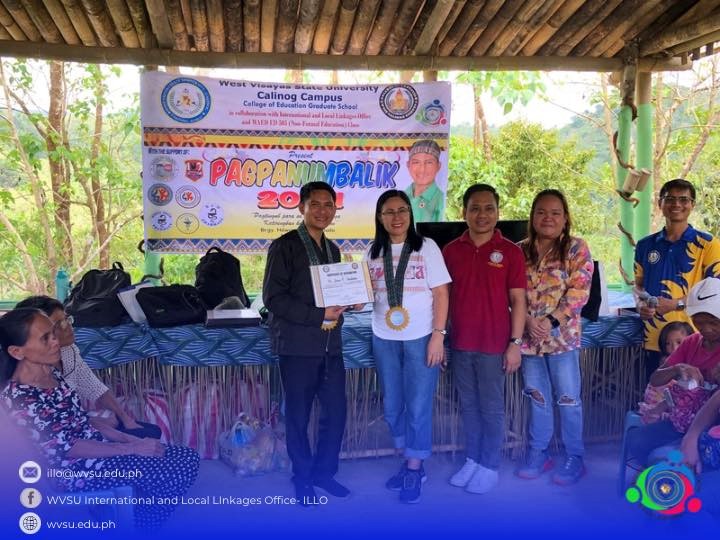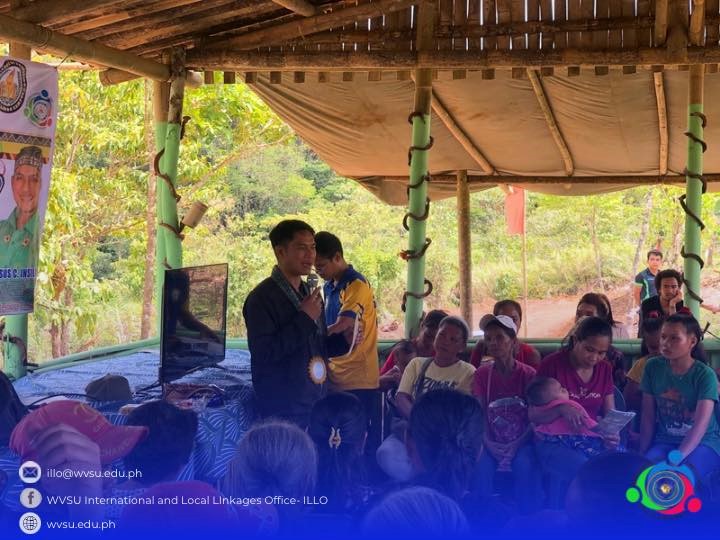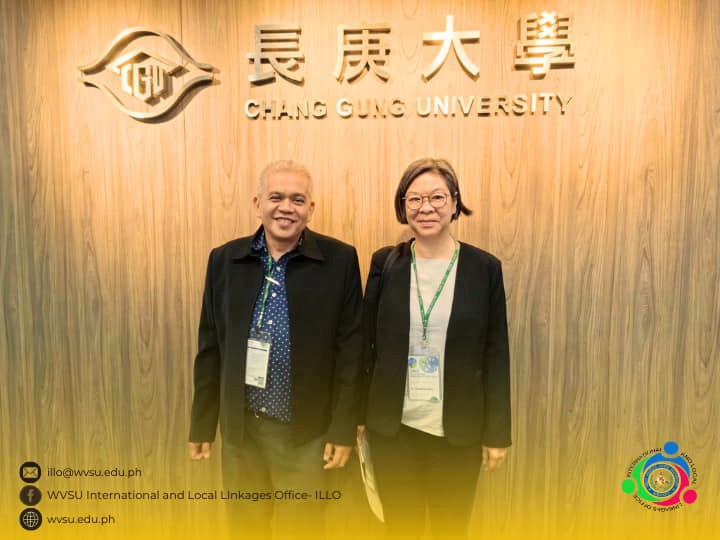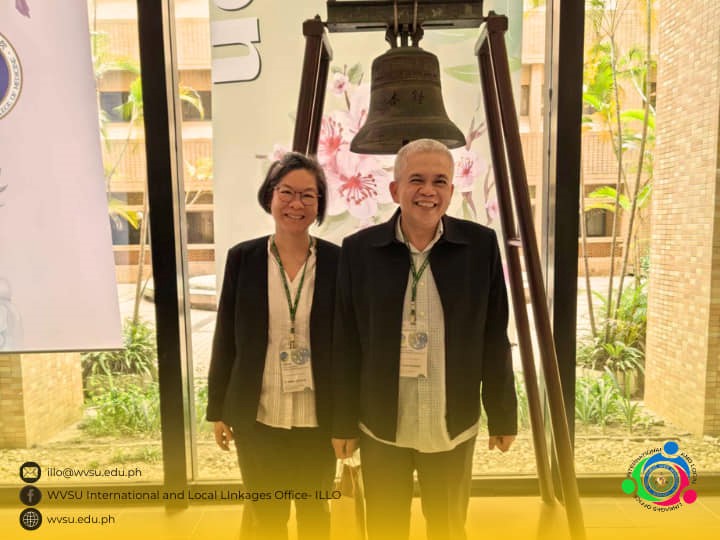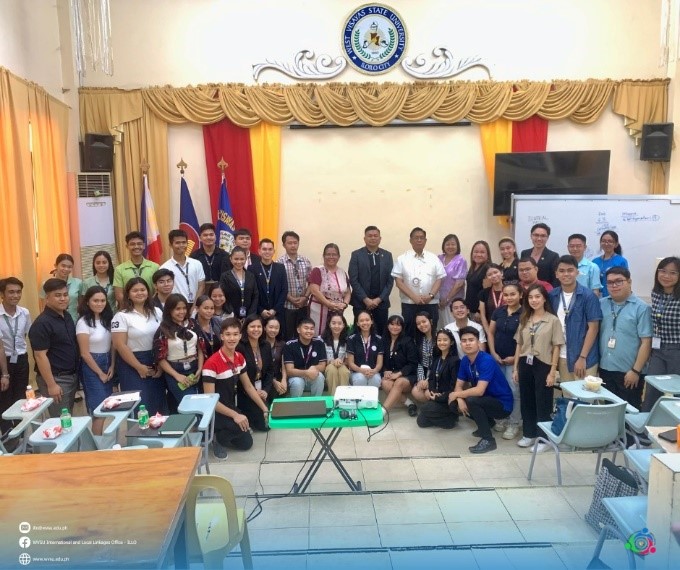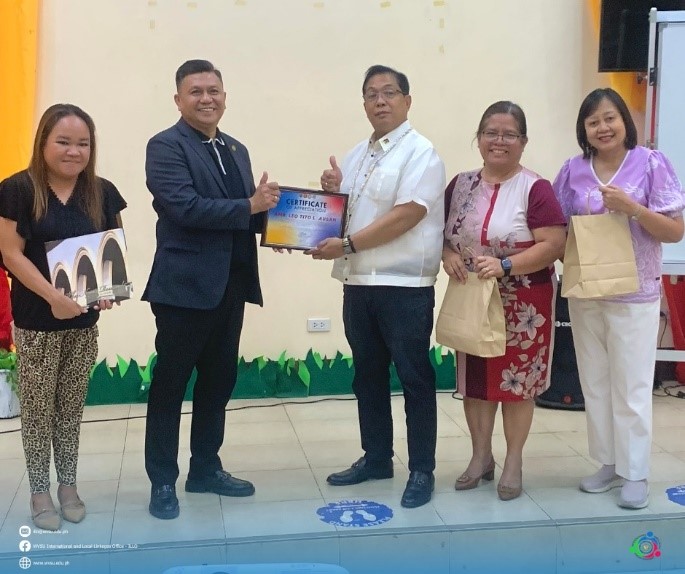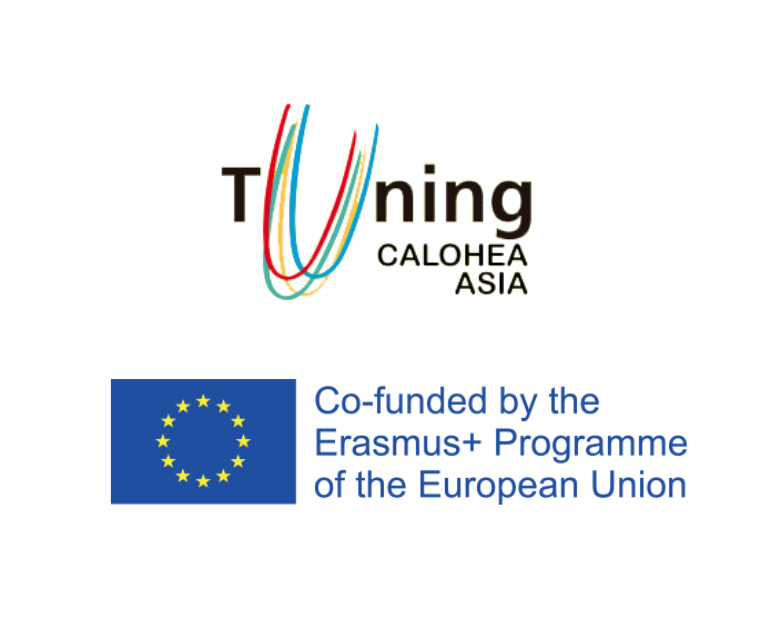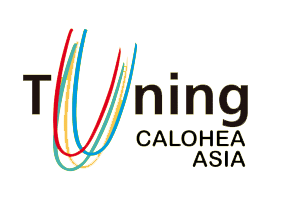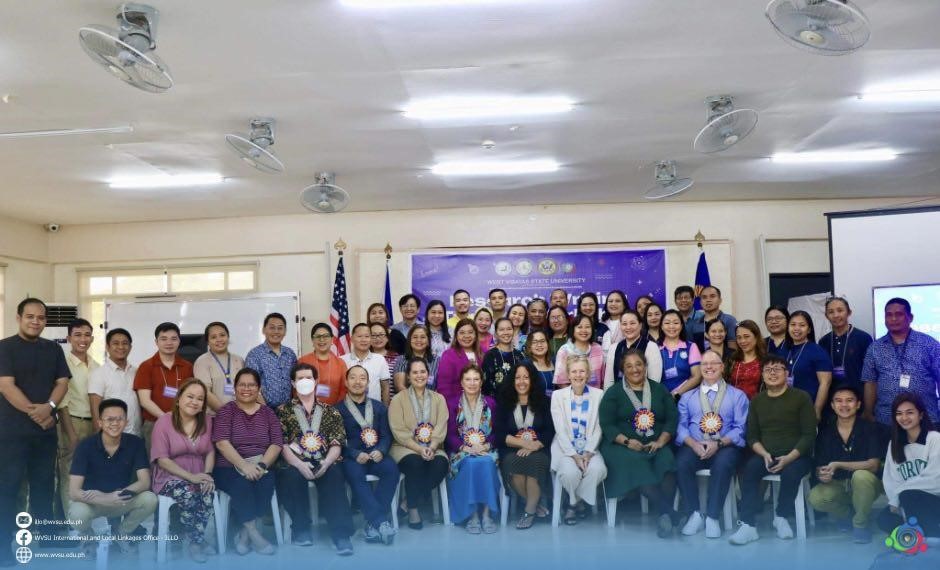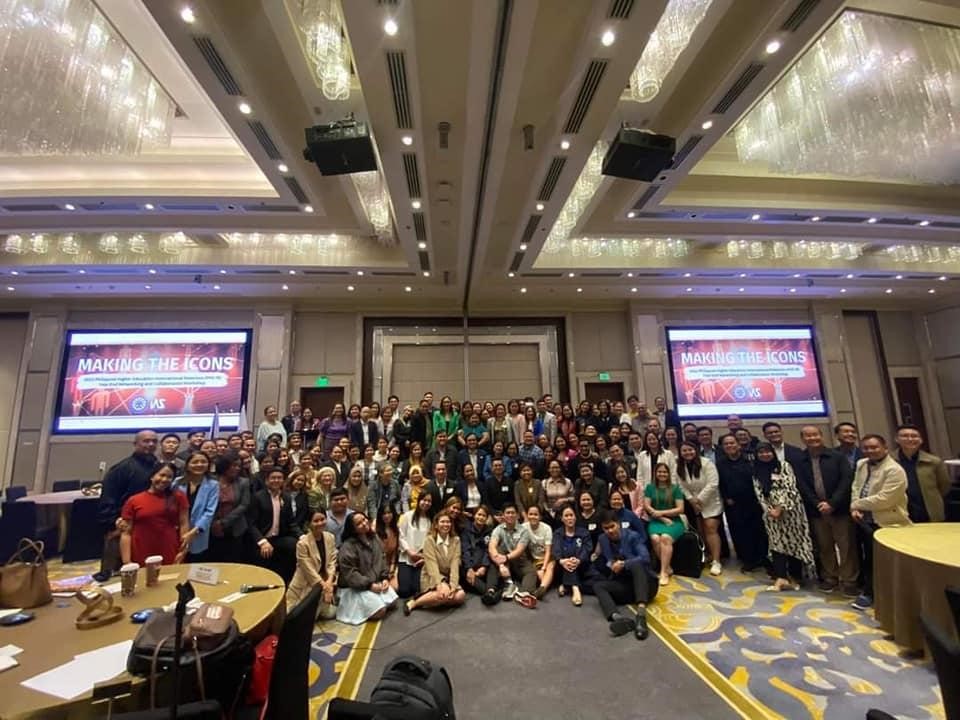West Visayas State University (WVSU) International and Local Linkages Office (ILLO) embarked on a journey of collaboration with WVSU Calinog Campus and MAED ED 505 (Non-Formal Education) to explore the essence of culture, community, and education on May 11, 2024 in Brgy. Hilwan, Calinog, Iloilo.
This event was spearheaded by Dr. Raymund Moreno – Director of Public Affairs and Linkages Office (PALO) of WVSU CC; Dr. Marie Candy Celeste- IPED Coordinator/ Director for Academic Affairs WVSU-Calinog Campus with the support of Prof. Edel Carmela Subong-Csoka -Director of International and Local Linkages Office Main Campus.
Renowned cultural advocate Dr. Jesus Insilada graced the event as guest speaker delivering insightful lecture on “Pagpanumbalik 2024: Pagtingub Para sa Tumandok nga Katiringban kag Edukasyon“.
Key highlights of the activity were the exchange of insights in preserving indigenous knowledge and culture through education, and lectures on climate change and violence against women and children.
Residents were also provided with free essential medicines and vitamins through the initiative of RJM Pharmacy, Angel Prem, and RK88 Pharmacy.
The University has made substantial efforts to ensure that the education provided is not only academically rigorous but also culturally sensitive.
This event was a testament to the power of collaboration in highlighting the importance of cultural sensitivity and community engagement in education.

